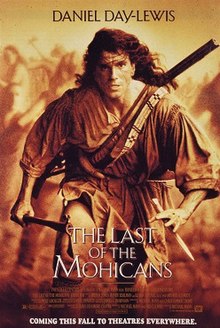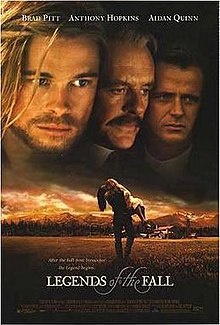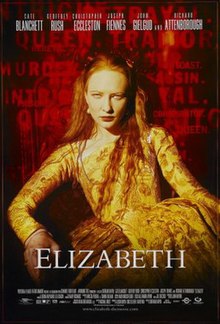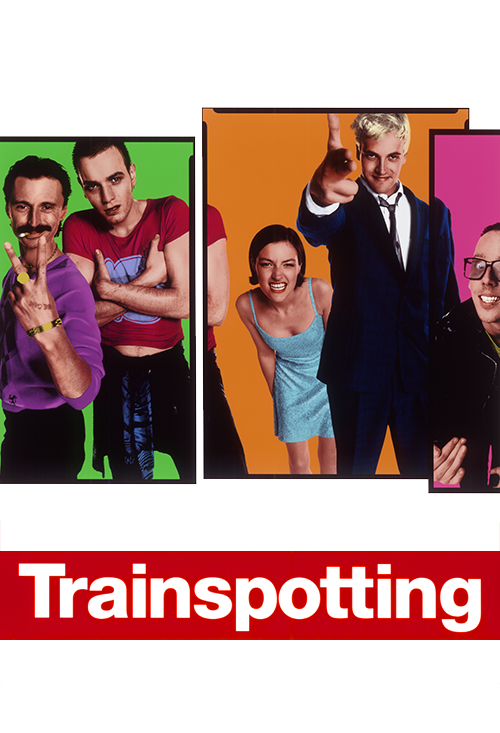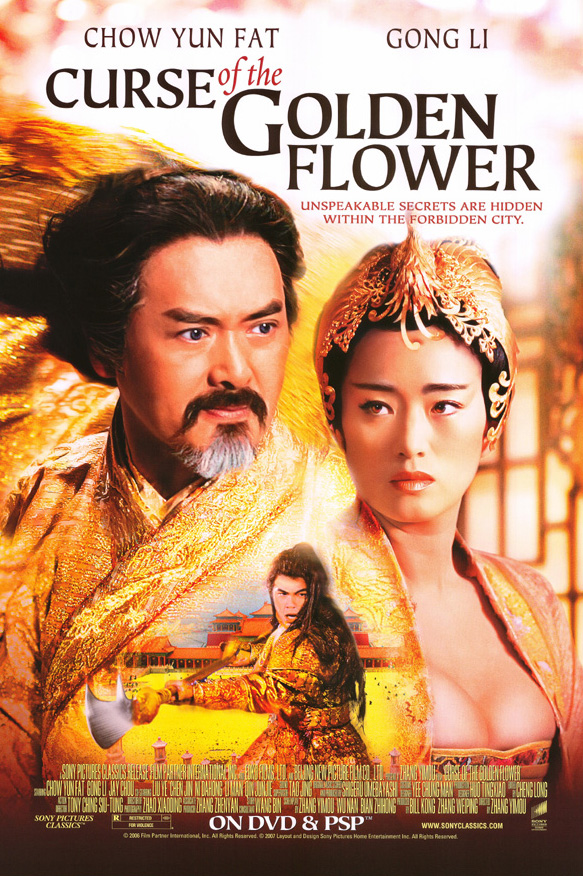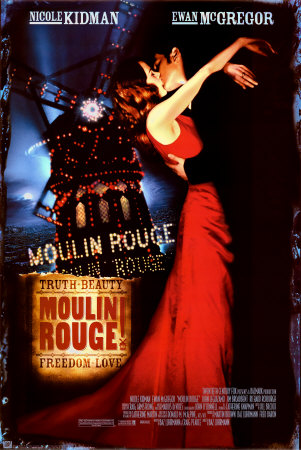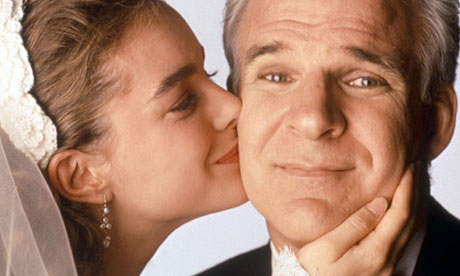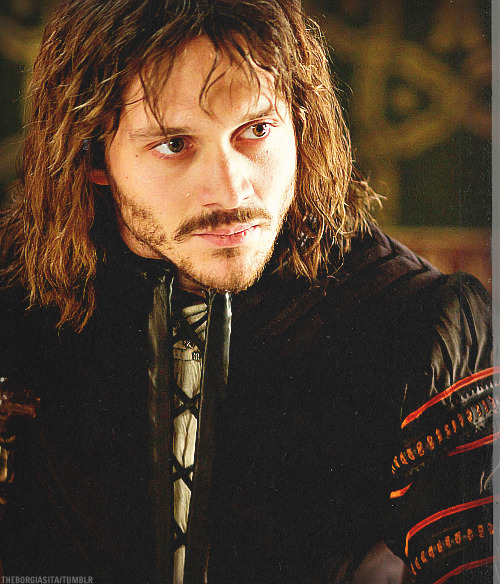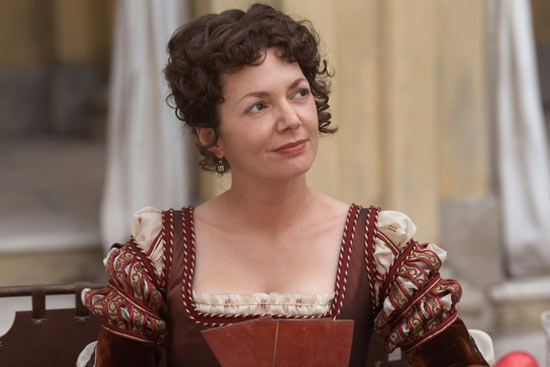This is the original version of an article
I wrote for The Cord Newspaper. Below is a link to the shorter and edited printed
version. http://www.thecord.ca/?p=8957
First there was team Edward or Jacob, now
Peeta or Gale? Before that, Ross on Friends
had to choose between Rachel and Julie; and Dawson by his creek was in agony
between Joey and Jennifer. We also cannot forget Archie and his beloved Betty
and Veronica. These are just a few examples of what has become prevalent in
today’s films, TV and literature. The dreaded love triangle.
Why do we see so many love triangles in
today’s pop culture and what is it about them that has a hold on audiences and
make them popular? Is it that common to be madly and hopelessly in love with
two people at the same time? Are they successful because we imagine ourselves
in their shoes and project our own fantasies onto the story and characters? We spend time and debate between friends the choices,
such as the sweet bread-maker who helped save your life or the best friend, and
who would be best and why, or root for the underdog, and finally, why not have
both?
It is obviously effective since some of the
most recent successful films and books involve a love triangle. Some friends
and some members of my bookclub have mentioned, willing or not, these stories grab
our attention and hold our interest. Yes, many fans are not just teens or
pre-teens, but those who no longer have a “teen” in their age. They are successful among many age brackets
and cultures. Who will she/he choose in the end and the
journey to get to that decision. It’s pure entertainment and escapism, and that
is what majority of audiences want when they are willing to shell out the money
for a movie or book.
The film industry is a business in the end
and they will continue to do what they feel is successful and guarantees
profits. Keep in mind the majority of today’s love triangles are also a series,
in both film and books. Breaking Dawn,
the final novel in the Twilight series
got split into two movies. It is a large book and a lot happens, but with
creative writing and editing it could have been one film. After all, larger
novels have been adapted and edited down to one film. The focus is now that Bella has made her choice;
let the fans see what happens after that choice is made. No worries, the fans
will pay. There is also talk that Mockingjay,
the final novel in The Hunger Games trilogy
will also be split into two films. No doubt Katniss’s choice will be stretched
and agonized over until the end. It is also important to note that Summit
Entertainment and Lionsgate, the two film studios behind the massive franchises
have recently merged.
Just like with any trend in Hollywood and
popular culture, it will be done ad nauseam until audiences are fed up and it
is no longer lucrative. This doesn’t seem to be happening anytime soon.
Universal Studios have recently announced a sequel to Snow White and Huntsman that no doubt will have a continued focus
on who wins the fair maiden’s heart, the Huntsman or childhood friend William. In
early 2013, another film adaptation of a popular YA novel, The Host will be released and features a love triangle as well and other
similar storylines coming our way.
But it is more than just dystopian worlds,
a small rainy town, or the dark forest from a fairy tale that we can see the
triangle. In Oliver Stone’s upcoming film Savages,
two drug dealers, Chon and Ben go after their shared girlfriend O, who has
been kidnapped by a drug cartel, and a war ensues to get her back. Although it
is not a romance, there is still a triangle involved and one male will have a
stronger appeal than the other to viewers. Recently, Something Borrowed (also based on a successful book) involved a love
triangle between friends Rachel and Darcy over Dax. One of the most financially
successful romantic comedies My Best
Friend’s Wedding focused on a triangle. Do a quick Google search and
numerous sites with lists of the best triangles can be found.
Was it always like this? Imagine if Juliet
was honestly in love with both Romeo and Paris, (blasphemous right?) Or that
Jane Eyre was whole heartedly debating between a life with Mr. Rochester and
one with Mr. St. John Rivers (the horror!) How different things would have been. Is the
love triangle more of a sign of modern times? Are audiences today jaded that a
love story between just two people doesn’t grab and hold our attention anymore
and that we need more conflict, more choices, more entertainment or escapism.
What, if any, real type of message does
this send to children, pre-teens and teens about love and what it is like to be
loved or love. That unless you have more than one person declare their love for
you and fight for you at the same time that you’re not worth loving? Or that yes, it is possible to romantically
love two people at once. Nothing wrong with that, you just have to choose
because you can’t have both. Both? Now there’s a story for you! Once a choice
has been made, does it validate that love even more, that there is no one else
besides that person.
The rise of love triangles may die down and
find a place in film and literature, but for now it is here along with 3D
technology (love it or hate it). Call me sentimental, old fashioned and a
romantic, but I’ll always have a place in my heart for Rick and Ilsa, Buttercup
and her “farm boy,” Jack and Rose, and finally Rhett and Scarlett.



